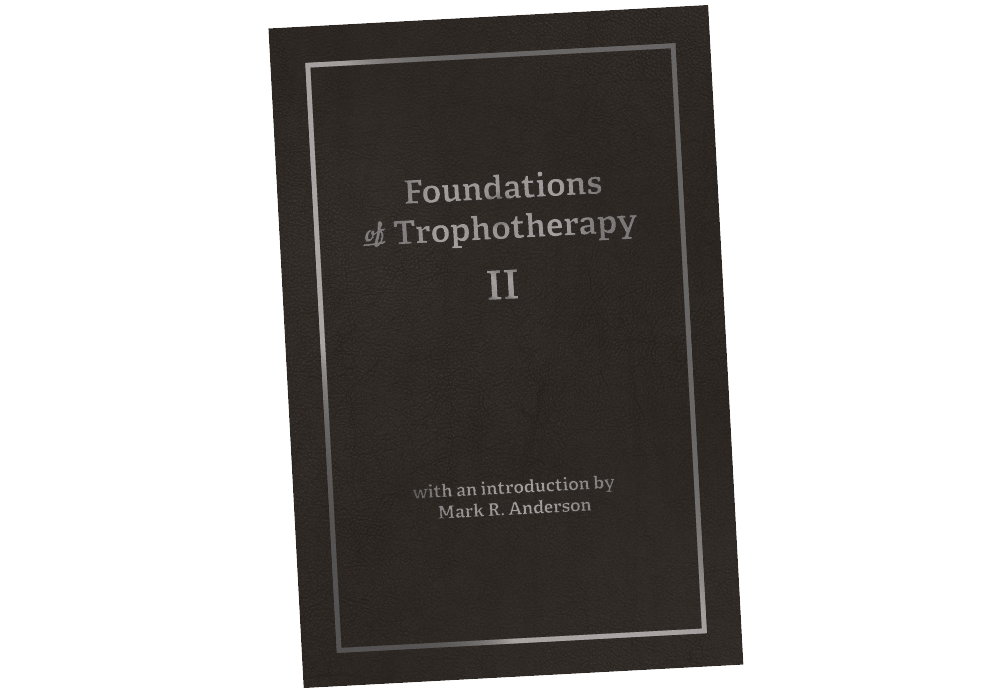What if we told you that the nutritional debacle of the modern American diet was predicted—with frightening accuracy—more than half a century ago? Would you file it under Oh well and get on with your day? Or, after you picked your jaw up off the floor, would you demand to know why those warnings were ignored for so long, and at such cost?
If you belong to the latter group, we have something for you. Foundations of Trophotherapy II, the second book in the series from Selene River Press, is finally here. Book Two brings together some of the most groundbreaking nutrition research of Dr. Royal Lee and his contemporaries. Their work was grounded in the art and science of applied nutrition—a concept known as trophotherapy—and it was largely ignored by mainstream medicine at the time.
Why should we pay attention now, all these decades later? The answer is gloomy, but it happens to be the truth. Our ignorance is killing us—literally. We’ve forgotten how to nourish ourselves with the food we eat, which has got to be a first for life on Earth. A deeper understanding of trophotherapy is essential if we’re going to turn things around.
That’s where the Foundations book series comes in. For your convenience, Book One and Book Two are available in EPUB, PDF, Kindle, and print editions. These thin volumes, grouped by common themes and topics, feature important selections from the decades-spanning body of nutrition research that is the SRP Historical Archives. To explore the Archives is to discover a wealth of knowledge that will transform the way you think about your health and the health of the world around you. Not only are the Archives free of commercial interests—they’re also free.
Let the Foundations of Trophotherapy series be your guide and your compass through some of the best the Archives have to offer. Each article in Book Two was hand-picked by Mark R. Anderson—and from the opening salvo to the last round, they will have you asking questions that are more relevant today than ever before:
- How can industrially processed, nutritionally deficient foods be expected to nourish and sustain human life—as natural, whole foods have done for centuries? (Sorry, but they can’t.)
- Just how high of a cost are we paying for pasteurization? And why are we paying it?
- Is there really such a big difference between white sugar and honey? (Yes. Just like there’s a difference between health and disease.)
- Why have we been scared away from butter and other animal fats when they’re so critical to good health?
- And finally, how on earth did salt become one of the most unfairly maligned ingredients in the modern American diet—despite the fact that science has never shown a definitive link between sodium intake and high blood pressure?
In certain quarters, just asking some of these questions is seen as an attack on the status quo. But it’s time to call out the status quo for what it is: a nation that’s put up with epic levels of disease and nutritional deprivation for far too long. Let’s not put up with it anymore. Let’s pay attention. Read the Foundations of Trophotherapy series from Selene River Press and demand a new status quo.



This is such a great resource to have at your fingertips.